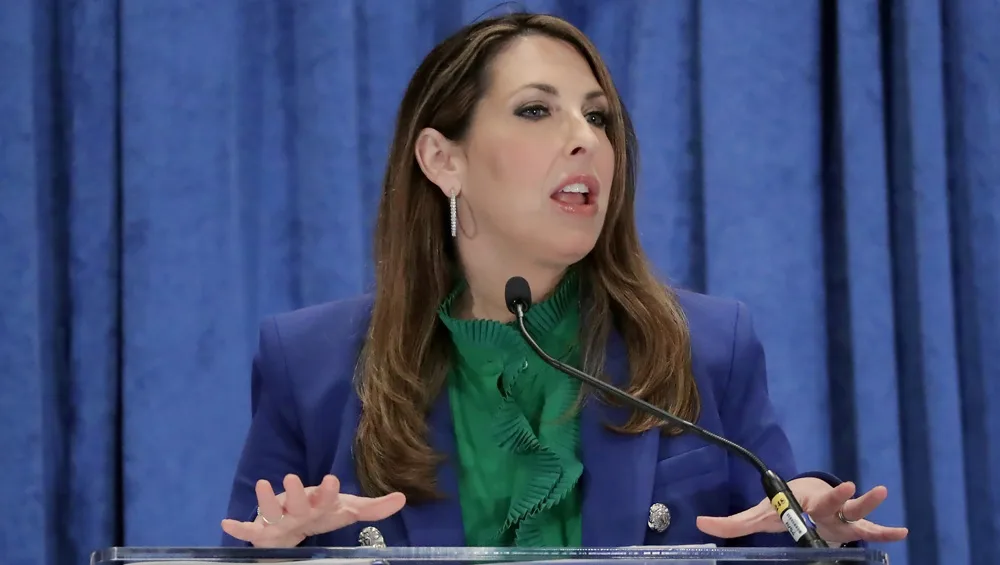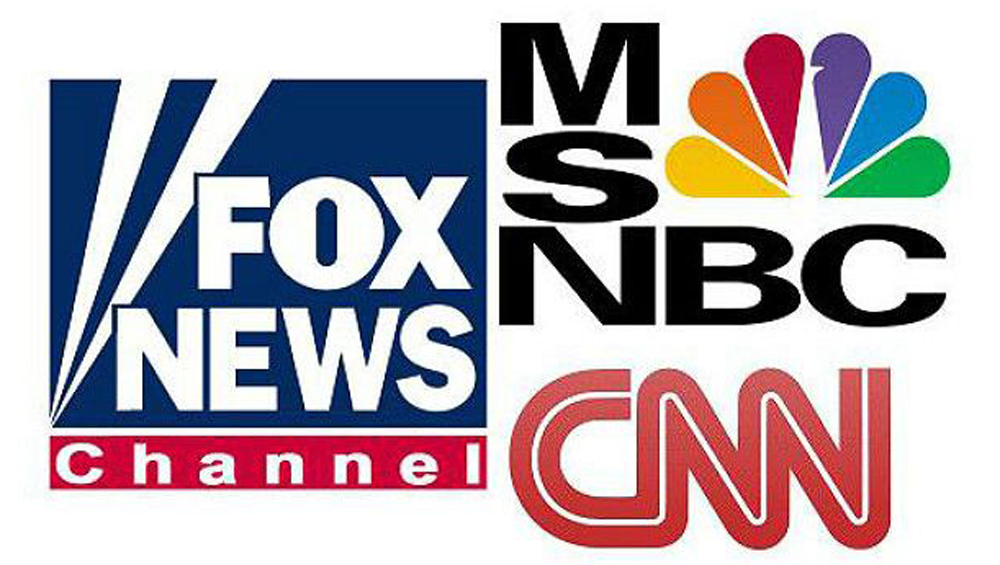
Televised political combat existed in earlier times, like Shana Alexander and James Kilpatrick’s “point-counterpoint” segment on “60 Minutes” in the 1970s. Politics and journalism had its share of cross-fertilization with figures such as George Stephanopoulos and the late Tim Russert. Yet the idea of building rosters of paid political contributors took off with cable news. MSNBC, CNN and Fox News Channel are, in large part, political talk channels and seek experts to help fill the time. News streaming has similar needs. Being on call to opine can be lucrative work; several reports had NBC agreeing to pay McDaniel $300,000 a year.

Cable news networks compete aggressively to hire the freshest and most popular politicians and political strategists to serve as paid commentators. These so-called contributors are essentially paid guests who sign contracts to appear exclusively on one network (or family of networks), generally agreeing to go on-air as frequently as the news cycle demands. But, they exist in a sort of gray zone between fulltime employees and unpaid interviewees, which makes discerning what they are allowed to say and do off-camera challenging.































